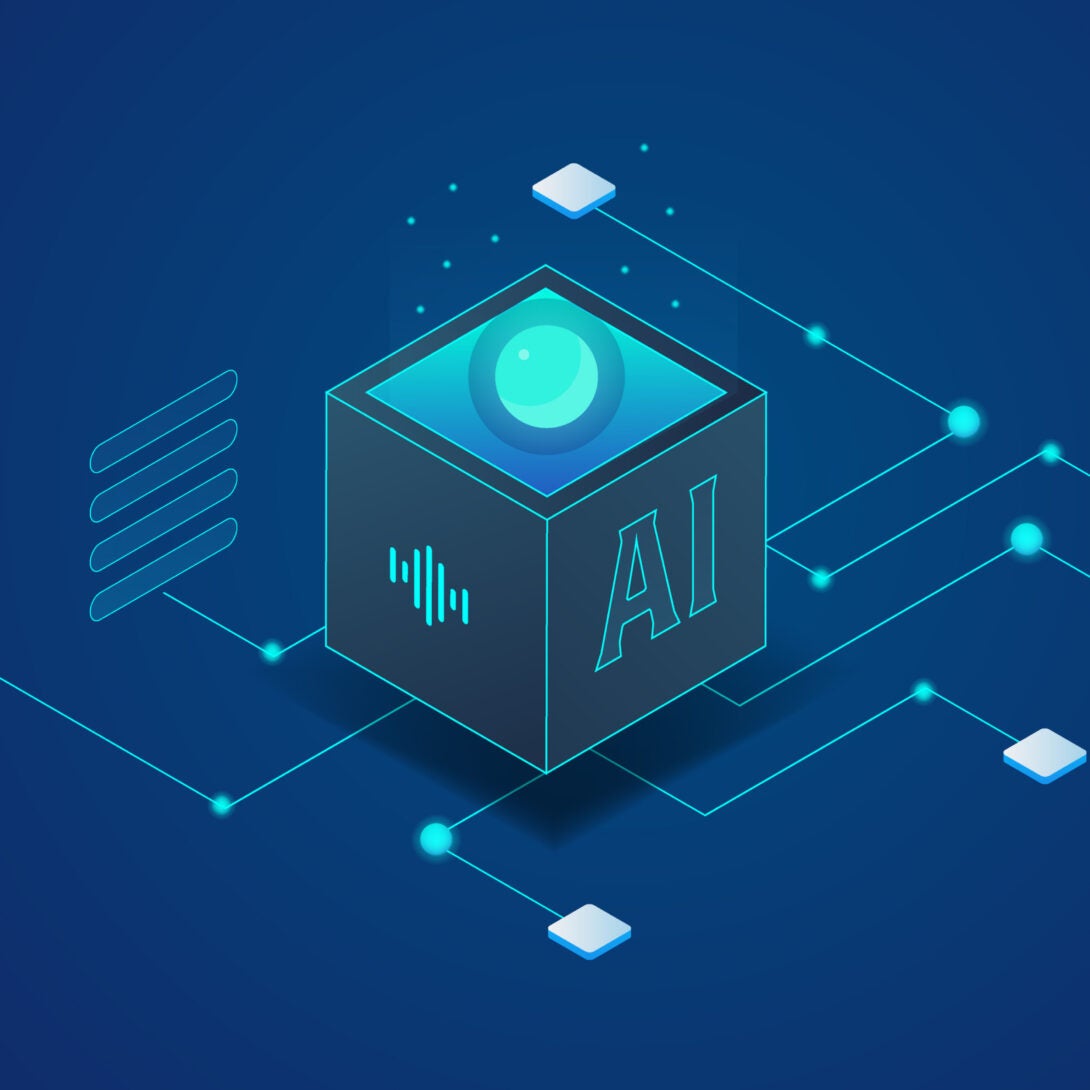Lower-cost AI tools could reshape jobs by providing more workers access to the innovation.
- Companies like DeepSeek are developing low-cost AI that could help some workers get more done.
- There could still be risks to employees if companies turn to bots for easy-to-automate tasks.
Cut-rate AI might be shocking market giants, however it's not most likely to take your task - at least not yet.

Lower-cost methods to developing and training synthetic intelligence tools, from upstarts like China's DeepSeek to heavyweights like OpenAI, will likely enable more people to acquire AI's performance superpowers, market observers told Business Insider.
For numerous employees worried that robots will take their tasks, that's a welcome advancement. One scary prospect has been that discount AI would make it much easier for companies to switch in inexpensive bots for costly humans.
Obviously, that could still happen. Eventually, the technology will likely muscle aside some entry-level workers or those whose functions largely include repeated jobs that are easy to automate.

Even higher up the food chain, staff aren't necessarily complimentary from AI's reach. Salesforce CEO Marc Benioff stated this month the company might not work with any software application engineers in 2025 because the company is having a lot luck with AI agents.
Yet, broadly, for many workers, lower-cost AI is most likely to broaden who can access it.
As it ends up being more affordable, it's much easier to integrate AI so that it ends up being "a partner rather of a danger," Sarah Wittman, an assistant professor of management at George Mason University's Costello College of Business, told BI.
When AI's rate falls, she said, "there is more of a prevalent approval of, 'Oh, this is the way we can work.'" That's a departure from the state of mind of AI being a costly add-on that companies might have a difficult time justifying.
AI for all
Cheaper AI might benefit workers in locations of a service that frequently aren't viewed as direct profits generators, Arturo Devesa, primary AI architect at the analytics and data business EXL, informed BI.
"You were not going to get a copilot, possibly in marketing and HR, and now you do," he stated.
Devesa stated the course shown by business like DeepSeek in slashing the cost of developing and carrying out large language designs changes the calculus for employers deciding where AI may pay off.
That's because, for the majority of large business, such decisions consider cost, accuracy, and wiki.fablabbcn.org speed. Now, with some costs falling, the possibilities of where AI could reveal up in an office will mushroom, Devesa stated.
It echoes the axiom that's unexpectedly all over in Silicon Valley: "As AI gets more efficient and accessible, we will see its use skyrocket, turning it into a commodity we simply can't get enough of," Microsoft CEO Satya Nadella composed on X on Monday about the so-called Jevons paradox.
Devesa said that more productive employees won't always minimize need for people if companies can develop brand-new markets and new sources of income.
Related stories
AI as a product
John Bates, CEO of software application company SER Group, told BI that AI is ending up being a commodity much quicker than expected.
That means that for tasks where desk employees may require a backup or somebody to confirm their work, inexpensive AI may be able to step in.
"It's great as the junior understanding worker, the thing that scales a human," he said.
Bates, a former computer technology professor at Cambridge University, said that even if a company already planned to use AI, the reduced expenses would improve roi.
He likewise stated that lower-priced AI might offer small and medium-sized organizations simpler access to the innovation.
"It's just going to open things as much as more folks," Bates stated.
Employers still require human beings
Even with lower-cost AI, human beings will still belong, said Yakov Filippenko, users.atw.hu CEO and creator of Intch, which assists specialists discover part-time work.

He stated that as tech firms complete on price and drive down the cost of AI, numerous employers still won't be eager to remove workers from every loop.
For example, Filippenko said companies will continue to require developers because someone has to verify that new code does what a company wants. He stated business employ employers not just to complete manual labor; bosses also desire an employer's viewpoint on a candidate.
"They pay for trust," Filippenko said, describing employers.
Mike Conover, CEO and founder of Brightwave, a research study platform that uses AI, told BI that a great portion of what people carry out in desk tasks, in specific, consists of tasks that could be automated.
He stated AI that's more widely available because of falling costs will enable humans' imaginative abilities to be "freed up by orders of magnitude in regards to the elegance of the problems we can solve."
Conover thinks that as prices fall, AI intelligence will likewise spread to much more locations. He stated it belongs to how, decades earlier, the only motor in an automobile might have been under the hood. Later, as electrical motors diminished, they showed up in places like rear-view mirrors.
"And now it remains in your toothbrush," Conover said.
Similarly, Conover said universal AI will let specialists produce systems that they can tailor to the requirements of jobs and workflows. That will let AI bots handle much of the grunt work and permit workers going to explore AI to handle more impactful work and perhaps shift what they have the ability to concentrate on.



